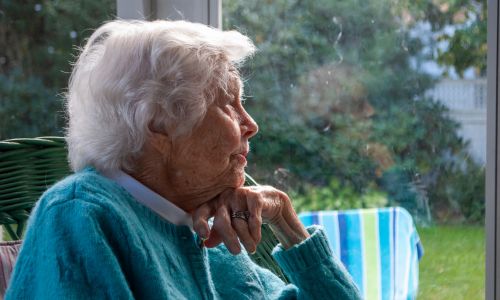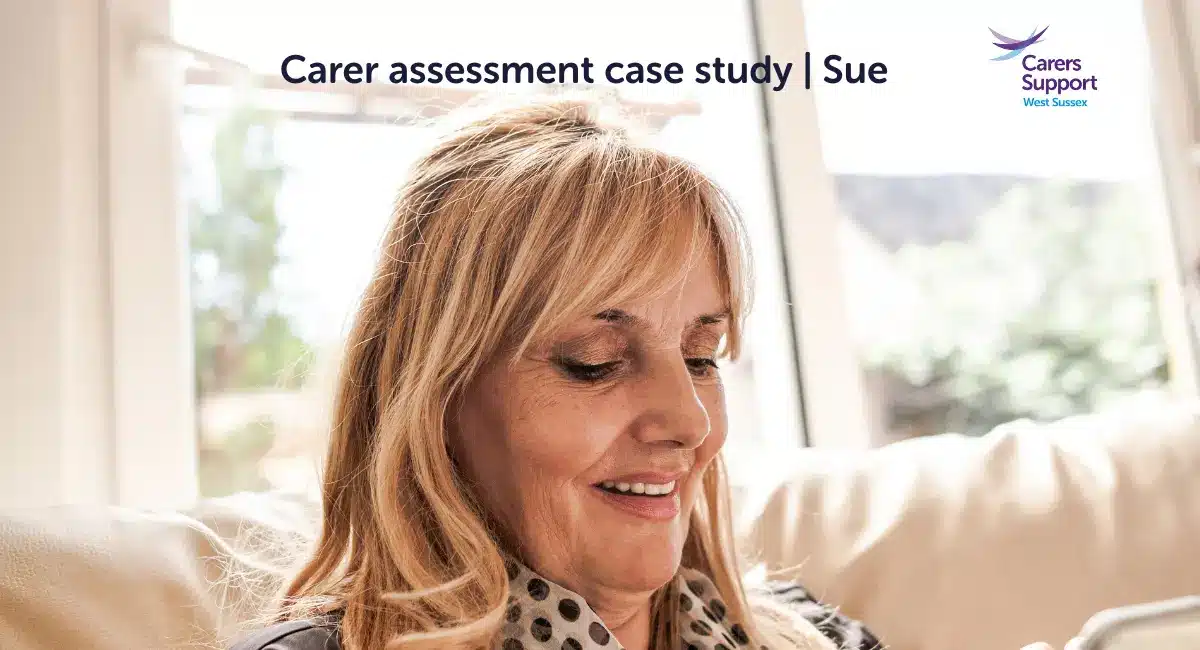We work with a plethora of carers, in all circumstances. Each case is so individual, which is why the time is taken to listen to the carer to really understand how we can help.
The caring situation
Both *Helen and David are caring for Helen’s 93-year-old Mum, who has Alzheimer’s & is elderly frail. They also have parental responsibility for their 12-year-old grandson, Jackson, since the age of 8 months. Jackson has brain trauma and an attachment disorder because of poor maternal connection. So, Helen and David are juggling caring roles at very different age ranges, each with complex needs.
Helen herself has a serious health condition, Trigeminal Neuralgia, which causes sharp, severe shooting facial pain that can last from a few seconds to two minutes. However, in Helen’s case, the pains are constant and described like having electric shocks! The attacks can be so severe that Helen has to rest in bed. This means on occasion, David is left to support Jackson, keep the home running and care for Helen too.
Caring for their grandson
Despite having received much love, nurturing and consistency of care from his grandparents, Jackson is hypervigilant and insecure. The brain trauma was not detected early on, which has manifested into challenging behaviour, uncontrollable anger and mood swings.
With the help of therapy, teaching Jackson strategies to enable him to manage his emotions, and recognising feelings of anger and frustration, his behaviour is improving. However, there are still times he reacts, especially if he feels something is unfair.
Through the love, care and patience of Helen and David, Jackson has been able to develop his own emotional well-being and often able to talk through things calmly.
Caring for Helen’s Mum
Due to Helen’s Mum’s declining health and increasing Alzheimer’s symptoms, her medical needs can no longer be met in a residential home setting. The decision was made to be moved to a nursing home.
Helen struggled with feelings of guilt and became quite anxious around relinquishing her care responsibilities when mum moved into the nursing home. However, the move was made sensitively, with good communication and support from the home, making Helen feel confident that mum is where she needs to be.
Impact on the carers
Juggling work, school runs, and all that accompanies raising their grandson, with the additional needs and taking care of Helen’s Mum, was having a negative effect on both of them. They needed some time to be themselves, they felt lost in their own lives. Never taking time to consider their own needs – always putting others first, they felt pulled in half. Helen said “I wanted to shout, stop the world, I want to get off, not for ever but just long enough for me to breath and regroup, then I would step back on. Sometimes it feels relentless.”
David was concerned about the future, as his wife has a health condition that often leaves him as the sole carer for both mother-in- law, grandson, and Helen.
Helen said “David has been a pillar of strength for everyone. He is my unsung hero. He may not talk about his feelings, but he sometimes feels it is too much.”
How have carers support helped
When asked: how did carers support help, David’s first response was: “We managed to link in with the support offered to Parent Carers and found useful information around attachment disorder that we could use to help support Jackson at school. We linked into the carer groups and met other carers of someone with Dementia. We know that you’re there if we need anything, just advice or maybe an event.”
Helen and David were eligible for the carer health and wellbeing fund. “The funding was a life saver.” David was able to fund his woodworking hobby, and they were able to subsidise a gym membership. Helen likes to run to relieve stress.
Positive outcome
By accessing support, Helen and David have reduced feelings of isolation and anxiety around managing the different caring roles. They have increased knowledge of local services for both cared for conditions. They have a renewed sense of self belief and confidence, which all works towards maintaining positive family relationships.
Advice from Helen and David
“Don’t be too proud to ask for and accept help! Sometimes we feel that there is an expectation that you will get on with it. Sometimes it feels impossible, overwhelming. People don’t consider your health & wellbeing, CSWS do!”
* Fictitious names used in this story





